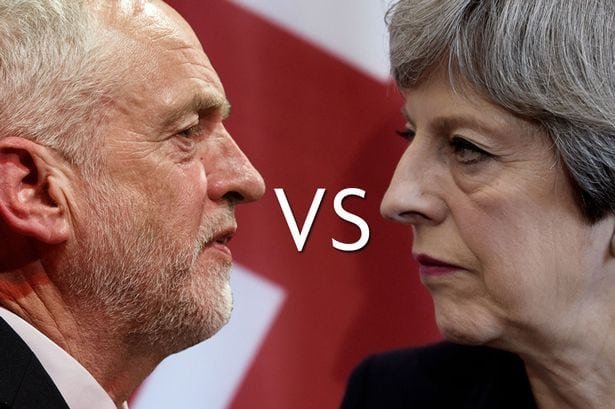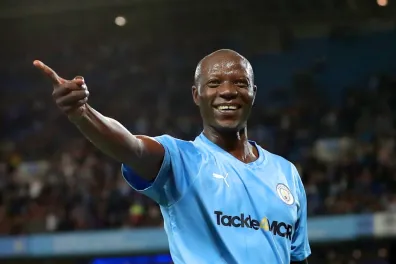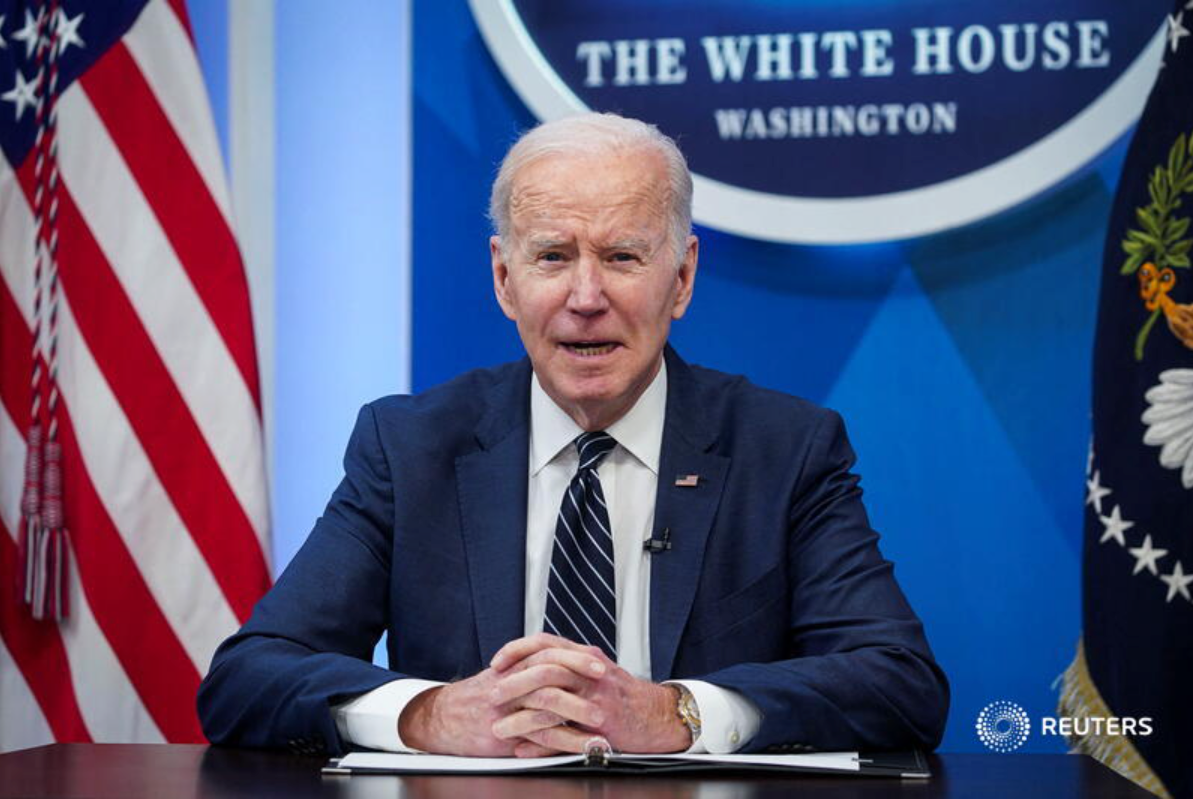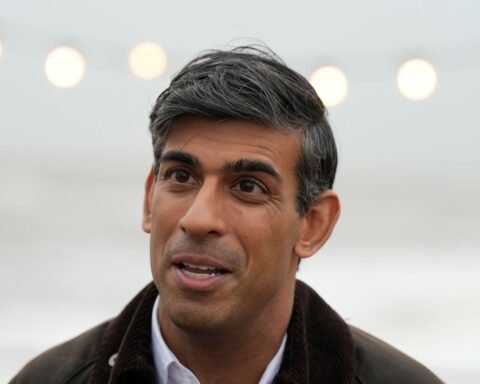By now it is clear that this “debate” (like most TV election events of this kind) won’t really have changed very much in the campaign. Generally it is being seen as a bit of a draw. (See 10.43pm.) And it probably did not even contain a memorable moment that people will be talking about for months or years to come because it was particularly revealing. If there has been one so far this election, it may be Theresa May’s “nothing has changed” press conference near-meltdown (although, if May does win a decent majority, that may well be forgotten by the end of the summer).
Yet the May v Corbyn showdown did illustrate how the campaign is evolving. At the start of the campaign, some of Jeremy Corbyn’s critics thought he would be so awful that the Labour campaign would collapse. Well, they have been comprehensively proved wrong, and this evening he looked relaxed and confident. His actions and pronouncements from the 1980s continue to haunt him, but, as the BBC’s Nick Robinson suggests (see 10.43pm), it is better to have the toughest questions relating to what you said in the past than what you are saying now.
And May seems to have changed a bit, too. When she called the election, her campaign seemed to revolve entirely around offering “strong and stable” leadership. The social care U-turn has torn the legs off that strategy, and tonight she barely, if at all, used the phrase. She also chose not to deploy some of the implausible lines about Corbyn she has used previously (like the false claim that he would raise income tax to 25p in the pound). Instead, we got a more humble and grounded PM, who sounded evasive on social care and winter fuel payments, but robust on Brexit, which many people will like.
Here are the main points.
- Jeremy Corbyn refused to confirm that he would be willing to order a drone strike against a terrorist overseas plotting to attack the UK. When it was put to him that he might have to take a decision in 20 minutes, Corbyn replied:
I would want know the circumstances. You can’t answer a hypothetical question without the evidence. It is a completely hypothetical question.
Later in the “spin room” Andrew Gwynne, Labour’s election coordinator, said Corbyn would be willing to order such a strike. Gwynne said:
I actually quite like the idea that we would have a prime minister that wouldn’t go gung-ho into making a decision but would actually sit down and listen to the security experts as to what precisely they think are the risks, are the benefits and are the challenges and make an informed decision on that.
Now of course, any future Labour prime minister, if they are presented with clear evidence that they can remove a threat to the United Kingdom, would make that decision based on that information and I have every confidence that Jeremy Corbyn as our prime minister would make that decision.
- Corbyn has rejected suggestions he would abolish the British monarchy, saying: “It’s not on anybody’s agenda, it’s certainly not on my agenda.” When Jeremy Paxman asked why there was nothing in the Labour manifesto about abolishing the monarchy, when Corbyn was known to favour the idea personally, Corbyn replied:
Look, there’s nothing in there as we’re not going to do it.
Corbyn said he accepted that the public wanted to keep the royal family.
I believe in a democracy and we live in a democracy. We have a titular head of state as the monarch but without political power.
- Corbyn said some of the political ideas he has supported are not in the Labour manifesto because he is not “a dictator”. When asked why the manifesto did not include nationalising the banks, a proposal he has backed in the past, he said it reflected the party’s views, not just his.
I’m not a dictator who writes things to tell people what to do.
- He said that Labour would end the benefits freeze. Asked about benefits, he said “of course” they would be uprated. The Lib Dems are claiming that this amounts to a £3bn spending commitment. But Corbyn was not specific about by how much benefits would be uprated. The Labour manifesto includes a commitment to spend £2bn extra a year on benefits, which would allow for some increase, but which would not be enough to full reverse the impact of the Tory benefits freeze.
- Theresa May was heckled at one point when she tried to defend Tory plans for school funding. Asked about about protecting schools funding in real terms per pupil, she said:
Nobody can guarantee the real terms per pupil funding increase. In the Labour party’s manifesto we know the figures don’t add up.
But someone in the audience said Labour’s plans were costed, and someone shouted “You’ve clearly failed.”
- Corbyn defended a comment he made during the Falklands war about how British soldiers were dying because of a “Tory plot”. He said he did not believe it had been a “plot” but that then prime minister Margaret Thatcher had been exploiting the situation.
It didn’t want any young men – British or Argentinian or anybody else – to die in that war. I also think there should have been an opportunity to prevent that war happening by the UN. Margaret Thatcher made a great deal of that issue at the time. I felt that she was exploiting the situation.
- Corbyn refused to say that renewing Trident would be “morally right”.
- May confirmed that she would prefer to walk away from the Brexit talks with no deal than to accept a bad deal.
I think you have to. In negotiations you have to recognise that you’re not in there to get a deal at any price.
- Corbyn said he saw himself as a listening politician. Asked about his leadership style, he said:
You should never be so high and mighty you can’t listen to somebody else and learn something from them. Leadership is as much about using this [gesturing to his ear] as using this (pointing to his mouth].
- May dismissed claims that she would be a pushover in the Brexit talks. When Paxman listed some of her U-turns and put it to her that Brussels would see her as “a blowhard who collapses at the first sign of gunfire”, she replied:
I think, Jeremy, you will find that what the people in Brussels look at is the record I had of negotiating with them in Brussels and delivering for this country on a number of issues on justice and home affairs which people said we were never going to get, and I got those negotiations.
- Corbyn defended his decision to describe the killing of Osama bin Laden as a tragedy. He said he used the term because bin Laden should have been taken alive.
I think he should have been arrested and he should have been put on trial. And he could have been.
That’s all from me for tonight.
Thanks for the comments.







